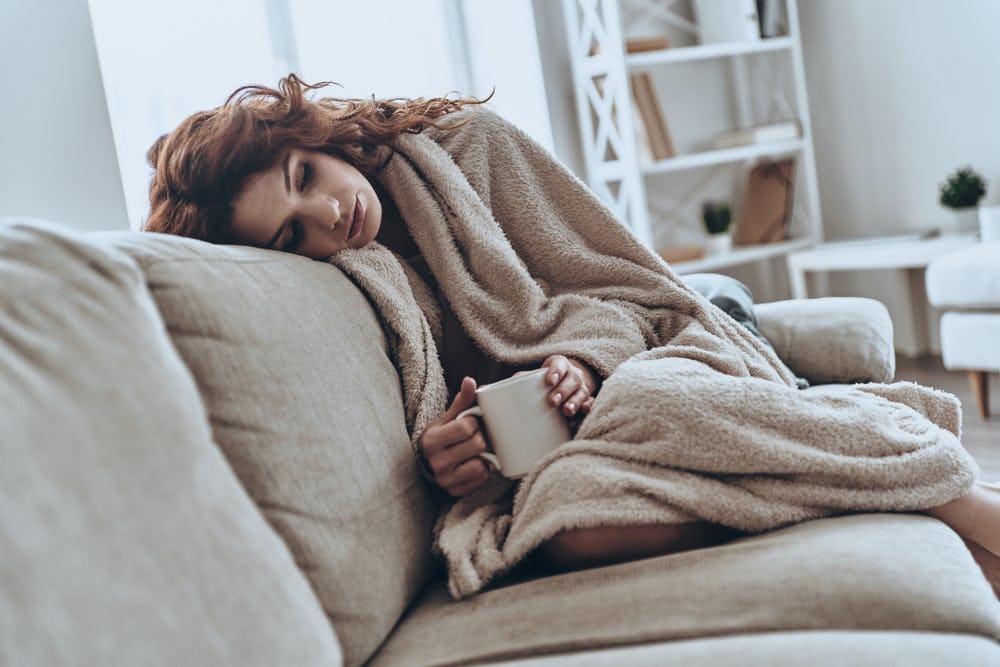
It may also decrease total sleeping time, especially in the elderly ( 13, 14).īy contrast, low or moderate amounts of caffeine don’t seem to affect sleep very much in people considered “good sleepers,” or even those with self-reported insomnia ( 15). Studies have found that higher caffeine intake appears to increase the amount of time it takes to fall asleep. On the other hand, too much caffeine can make it difficult to get enough restorative sleep. Monitor your own response in order to determine how much you can tolerate.Ĭaffeine’s ability to help people stay awake is one of its most prized qualities. SummaryĪlthough low-to-moderate doses of caffeine can increase alertness, larger amounts may lead to anxiety or edginess. If you notice that you often feel nervous or jittery, it might be a good idea to look at your caffeine intake and cut it back. For reference, a large (“grande”) coffee at Starbucks contains about 330 mg of caffeine. Nevertheless, these results are preliminary.Ĭoffee’s caffeine content is highly variable. Interestingly, cortisol levels were similar between regular and less frequent caffeine consumers, suggesting the compound may have the same effect on stress levels regardless of whether you drink it habitually ( 12). One study in 25 healthy men found that those who ingested approximately 300 mg of caffeine experienced more than double the stress of those who took a placebo.
#Caffeine withdrawal symptoms in newborns manual#
In fact, caffeine-induced anxiety disorder is one of four caffeine-related syndromes listed in the Diagnostic and Statistical Manual of Mental Disorders (DSM), which is published by the American Psychiatric Association.Įxtremely high daily intakes of 1,000 mg or more per day have been reported to cause nervousness, jitteriness and similar symptoms in most people, whereas even a moderate intake may lead to similar effects in caffeine-sensitive individuals ( 9, 10).Īdditionally, modest doses have been shown to cause rapid breathing and increase stress levels when consumed in one sitting ( 11, 12). However, at higher doses, these effects may become more pronounced, leading to anxiety and nervousness. At the same time, it triggers the release of adrenaline, the “fight-or-flight” hormone associated with increased energy ( 8).

It works by blocking the effects of adenosine, a brain chemical that makes you feel tired.


 0 kommentar(er)
0 kommentar(er)
